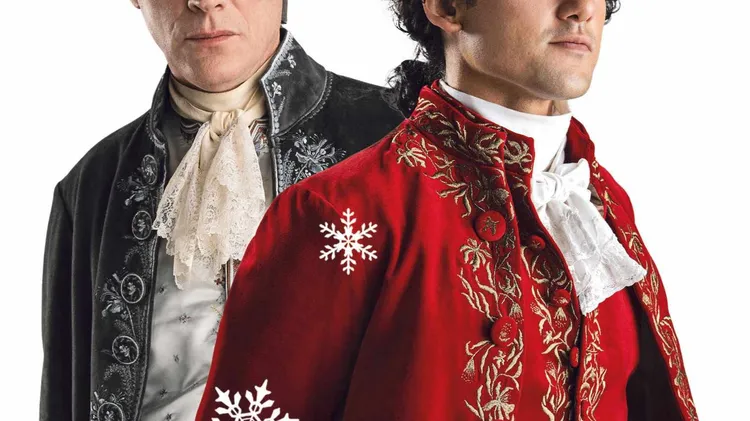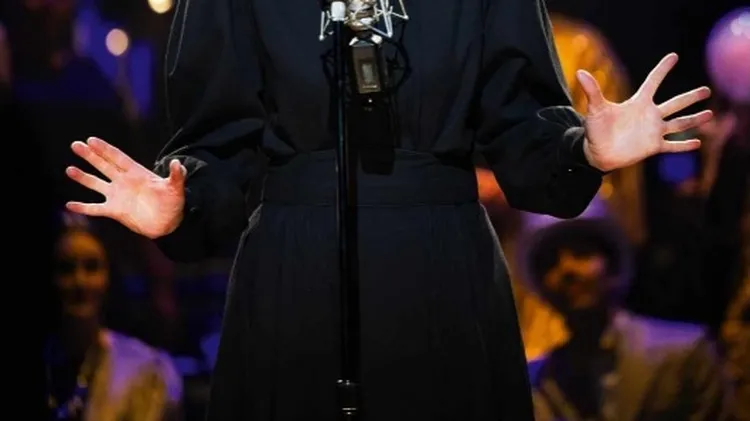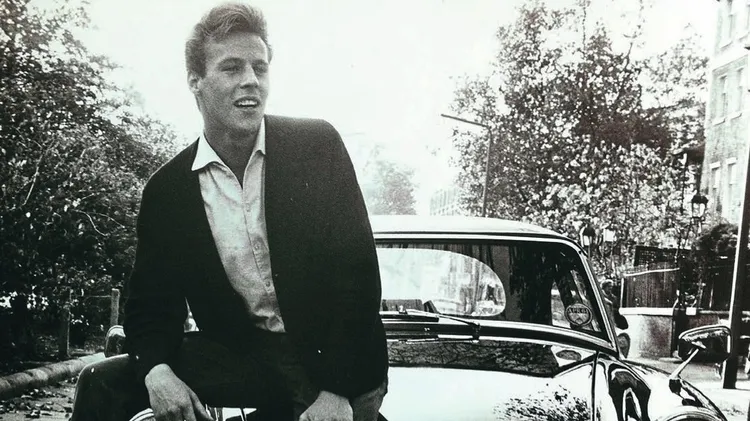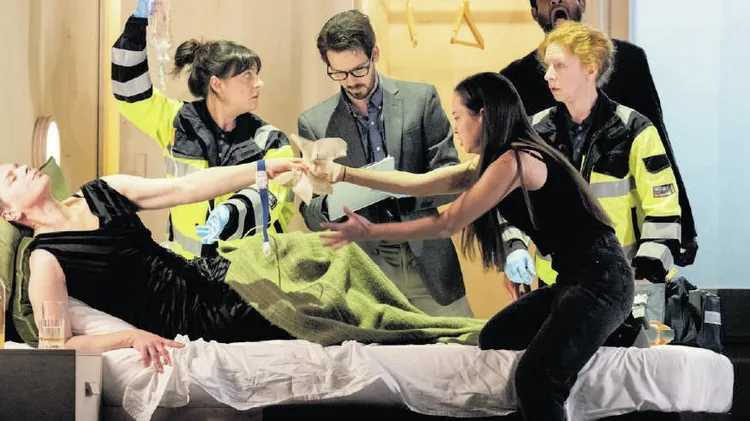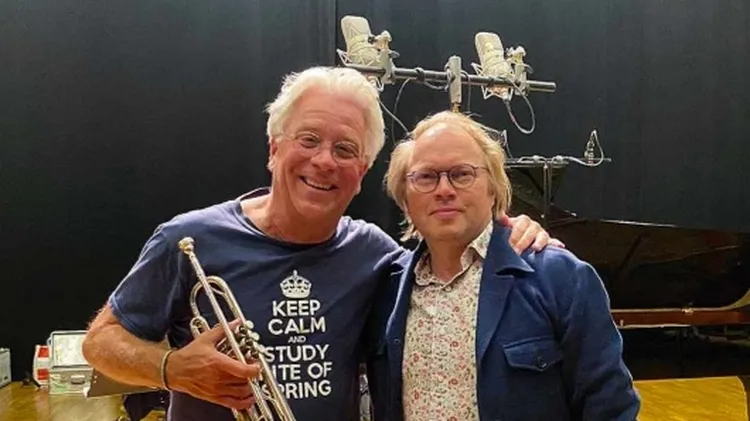Before Miloš Forman’s Amadeus came Peter Shaffer’s theatrical take on Mo
Larger than life
6 min read
This article is from...
Read this article and 8000+ more magazines and newspapers on Readly


